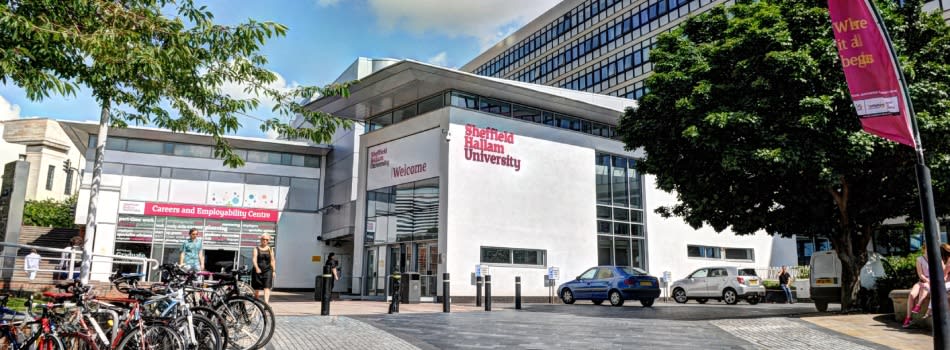The notion of being innovative and competitive by utilizing all available resources at hand in a deprived and resourceless environment is known as entrepreneurial bricolage (Baker & Nelson, 2005). Bricolage is characterized as a cognitive process indicating how individuals, societies and organizations create new goods and services, build novel solutions, by using, combining or retrieving tangible (e.g., equipment, tools) and intangible (e.g., knowledge, experience) resources available at hand (Levi-Strauss,1966). In entrepreneurship literature, bricolage is progressively being acknowledged as a vital strategy to confront resource limitations in impoverished circumstances (Davidsson et al., 2017). Uncertainty and resource deprivation in times of crisis push entrepreneurs to explore their business strategies deeper reflecting the path they have undertaken with greater scrutiny and persistency (Kwong et al., 2019). This could enable them to realize a hitherto unexploited collection of resources and competencies that would facilitate their attempt at bricolage (Tsilika et al., 2020).
As an evolving theory that has become protuberant in the past two decades, many aspects of the bricolage theory, have not yet been thoroughly explored in the contexts of crisis (Kwong et al., 2019). The limited number of prior studies that have examined the use of bricolage in various contexts of crisis found that in different contexts of crisis, multiple forms of bricolage are required. For instance, in the contexts of crisis, collaborative bricolage would be the ideal approach for social enterprises, non-profit organizations and charities due to the non-competitive and mutually beneficial nature of operations prevalent within the sector (Janssen et al., 2018). In contrast, in the fields of science and engineering, bricolage is frequently associated with the notion of process innovation, and specifically, how to improve the efficiency of how existing resources and competencies are being used (Nelson et al., 2017). However, in the field of service industry, a scant scholarly attention has been paid on entrepreneurial bricolage in times of crisis. The application of bricolage is likely to be predominantly relevant in the context of crisis situation where abrupt contextual changes regularly make unforeseen opportunities that entrepreneurs can exploit. Given the disruptive nature of the crisis situation (e.g., Covid 19), we believe that it has created a particular circumstance in which a theoretical extension of the existing bricolage theory is required. Thus, we hope that this study would provide us with an opportunity to obtain a comprehensive overview of the role of entrepreneurial bricolage in times of crisis in the world-wide basis by drawing a diverse sample of service firms from countries with different socio-economic profiles.
Research Objectives and Targeted Goals of Project
The five research questions are as follows:
(1) What are the types of resources and competencies that service firms can utilize to revive their entrepreneurial strategy in the face of crisis management?
(2) What is the role of bricolage in the development of entrepreneurial proclivity within service firms in the new normal?
(3) How does the implementation of bricolage enhance performance of service firms in the new normal?
(4) Does environmental uncertainty moderate the relationship between entrepreneurial bricolage and performance of service firms in the new normal?
(5) What is the evidence that bricolage and entrepreneurial proclivity are two sources of sustained competitive advantage, and what are the broader lessons for business managers to create the conditions and enablers for service industry to alleviate the effects of future crisis?
Eligibility
To apply for a self-funded PhD, you will need to meet our entry requirements and provide:
1. fully completed Sheffield Hallam University application form
2. research proposal (4-6 sides of A4 in length).
3. transcript of marks from your highest qualification (we require a dissertation mark of 60+).
4. copy of your award certificates
5. two references, one ideally from an academic source. References must be supplied as recent letters on headed notepaper or on the reference section on the University's application form.
6. Where English is not your first language, we require evidence of your English language ability to the following minimum level of proficiency. A current IELTS score of 7.0 overall (with all component marks of 7.0 or higher and preferably Academic IELTS); or a current TOEFL test with an overall score of 100 internet based (with a minimum component score of 23 in listening and reading, 26 in writing and 22 in speaking) or recognised equivalent testing system. Your test score must be within the last two years.
Information on entry requirements, tuition fees and other costs can be found here https://www.shu.ac.uk/courses/business-and-management/phd-sheffield-business-school-management-finance-service-sector/full-time.
How to apply
Please submit your application to [Email Address Removed].

 Continue with Facebook
Continue with Facebook




